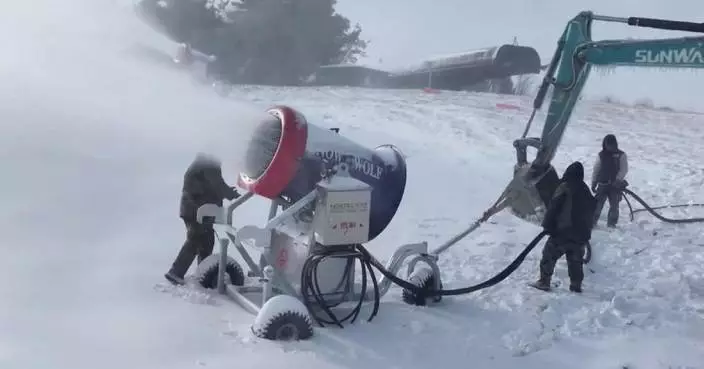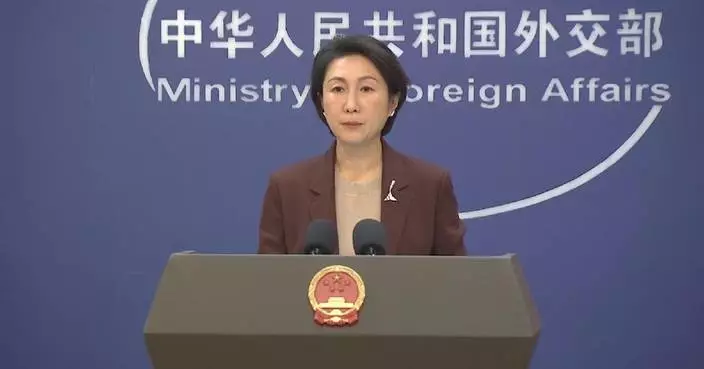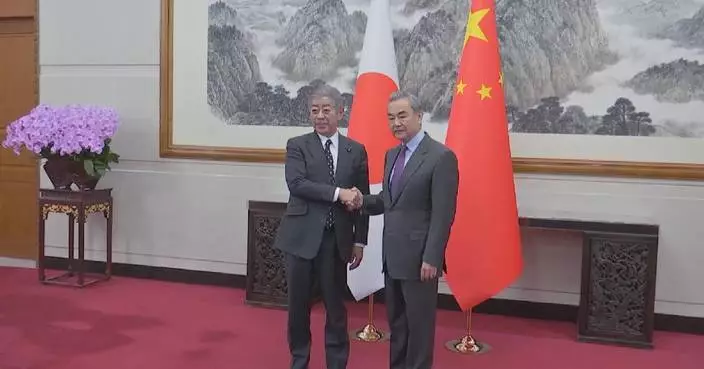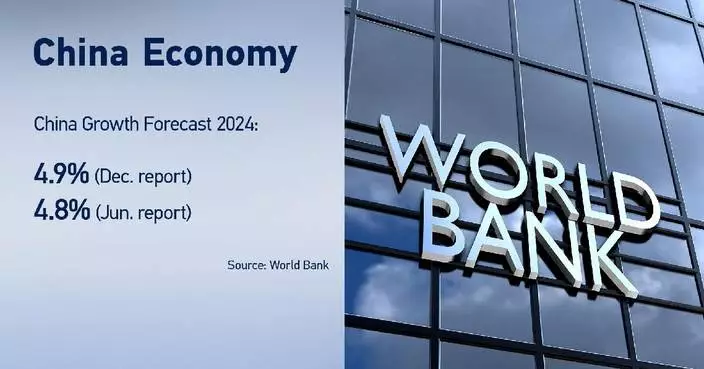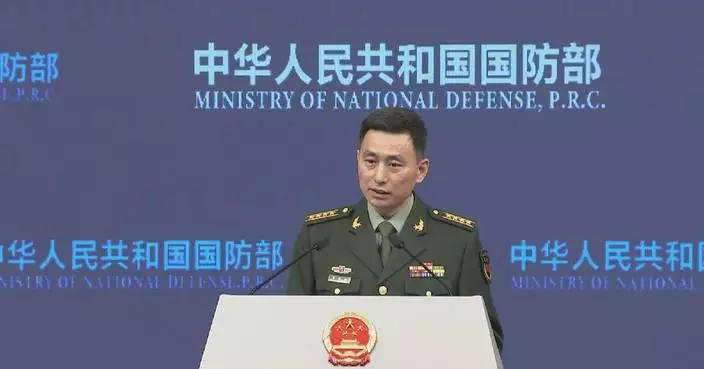Leaders from across the Arab and Islamic world on Monday denounced Israeli military actions in Gaza and Lebanon and issued a collective demand for an immediate ceasefire at a summit in Riyadh, Saudi Arabia.
Saudi Crown Prince Mohammed bin Salman inaugurated the summit, which the Saudi Press Agency reported was aimed at reinforcing previous regional efforts against what he termed "reprehensible Israeli attacks" on Palestine and Lebanon.
He reaffirmed Saudi Arabia's solidarity with the Palestinian and Lebanese people, calling on the international community to prioritize global peace and security by halting Israel's activities in the region.
The crown prince also urged pressure on Israel to respect the sovereignty of Iran and cease hostile actions on Iranian territories.
At the summit, Syrian President Bashar al-Assad condemned Israel's aggression against Palestine and Lebanon, as well as the acts of genocide committed against the Palestinian people.
He emphasized that if regional countries do not utilize the "tools" at their disposal to take concrete action, they would effectively become "indirect accomplices to genocide."
Meanwhile. Egyptian President Abdel-Fattah al-Sisi noted that the invasion of Palestinian and Lebanese territories is a challenge to the entire international system which is unacceptable, saying that Egypt strongly opposes any plans that undermine the Palestine cause.
Sisi also called for an end to the aggression against Lebanon, emphasizing the urgent need for a ceasefire and the full implementation of United Nations Security Council Resolution 1701.
Addressing a speech, Jordan's King Abdullah II urged the international community to take a firm stance and implement action to end the conflicts in Gaza and Lebanon.
He emphasized the need to prevent the worsening of the humanitarian disaster and to avoid plunging the region into a comprehensive war that would have dire consequences for all.

Arab, Islamic leaders condemn Israeli aggression against Palestine, Lebanon






